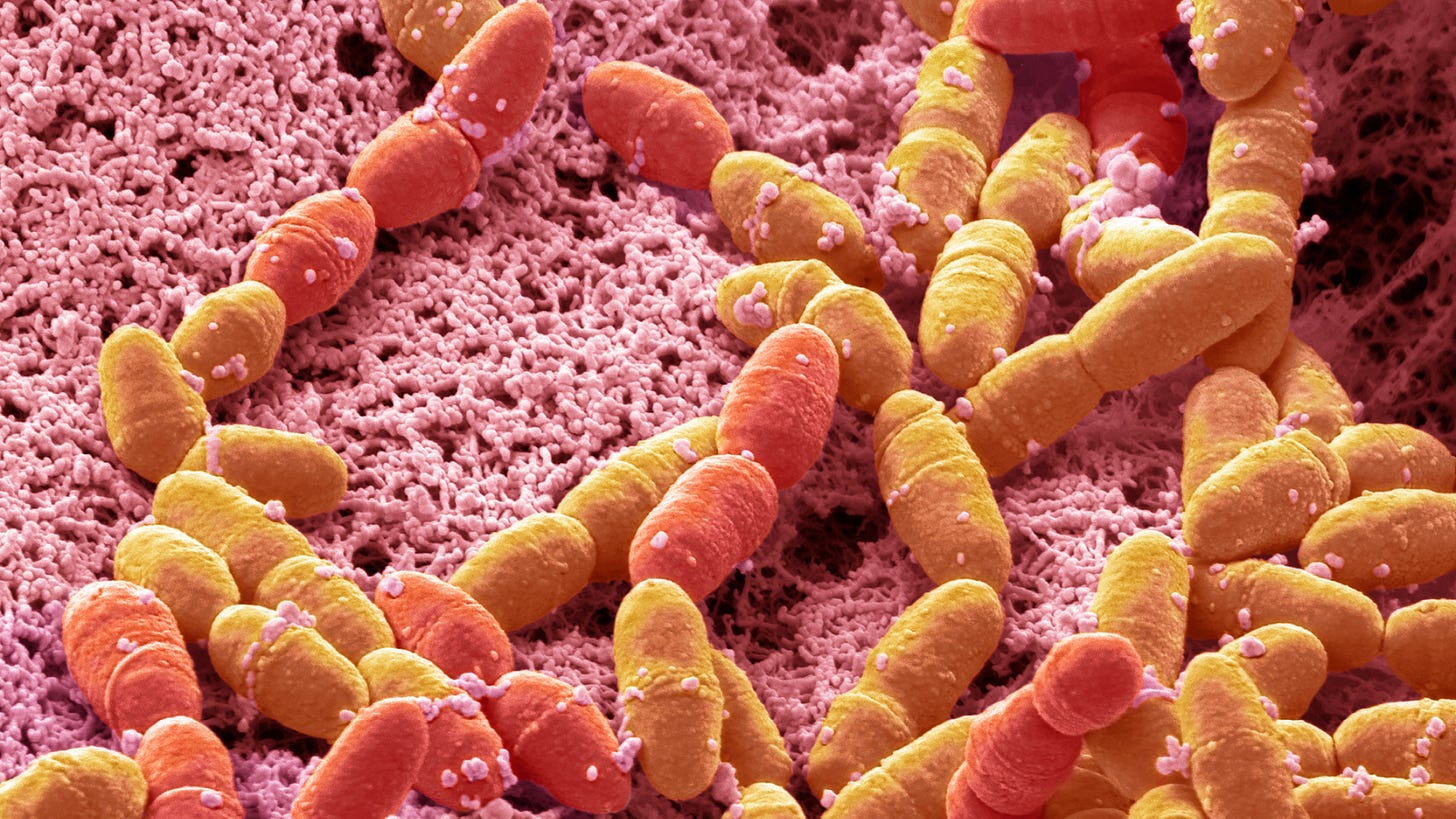Oil Pulling for Oral Health
Oil pulling is an ancient Ayurvedic practice that involves swishing oil around in the mouth to promote oral health. Does it work?
Introduction to Oil Pulling
The process of oil pulling involves taking a tablespoon of oil (usually coconut, sesame, palm, or sunflower oil) and swishing it around the mouth for 10-20 minutes, then spitting it out.
During this process, the oil mixes with saliva and acts as a mouthwash, trapping bacteria in the oil. Proponents of oil pulling claim that it can improve oral health by reducing plaque buildup, freshening breath, and reducing the risk of gum disease.
Clinical Results
Several studies have evaluated the capacity of oil pulling for reducing oral bacteria counts. One primary bacterium of interest is Steptococcus mutans. I’ve previously written about chewing sticks for oral hygiene and explained how this bacterium contributes to plaque buildup, cavities, and gum disease.
A randomized controlled clinical study was conducted to evaluate the effect of coconut oil pulling on the count of Streptococcus mutans in saliva and to compare its efficacy with Chlorhexidine mouthwash.
Major findings: The study showed a statistically significant reduction in S. mutans count in both the coconut oil pulling and Chlorhexidine groups. The authors suggest that oil pulling can be explored as a safe and effective alternative to Chlorhexidine, and as a preventive therapy at home to maintain oral hygiene.
One review of four randomized controlled trials concluded that oil pulling with coconut oil might positively affect oral health and dental hygiene.
Major findings: The studies demonstrated significant differences in reducing salivary bacterial counts and plaque index score, and one study found a significant difference in staining compared to using Chlorhexidine.
Limitations: The data was insufficient for conclusive findings, and the quality of studies was mixed, with a high risk of bias. Further research is needed to determine the level of effectiveness. Still, oil pulling with coconut oil could be used as an adjunct to standard preventative regimes to improve oral health and dental hygiene.
A 2022 meta-analysis that examined nine randomized controlled trials investigated the effect of oil pulling on oral health.
Major findings: The study showed that oil pulling had a beneficial effect on reducing salivary bacterial colony count compared to the control group.
Limitations: There was no significant difference in the plaque index and gingival index score. The authors suggest that future clinical trials should be more rigorous and better reported to determine the actual effectiveness of oil pulling on oral health.
What is Chlorhexidine?
Several clinical trials have compared the efficacy of oil pulling to Chlorhexidine. But what is it? Chlorhexidine is an antiseptic solution commonly used as a disinfectant in medical and dental settings. It is also used as a mouthwash to treat and prevent gum disease, killing bacteria in the mouth and preventing plaque buildup. Chlorhexidine is available in different forms, including mouthwash, gels, and wipes. Dentists often prescribe it before and after dental procedures to prevent infection and promote healing.
How to try oil pulling
To practice oil pulling:
Take a tablespoon of coconut oil and swish it around your mouth for 10-20 minutes, making sure to push the oil between your teeth and along your gums.
Avoid swallowing the oil.
After the time is up, spit the oil out and rinse your mouth thoroughly with water.
The Takeaway
Clinical studies suggest that oil pulling can reduce the numbers of the harmful bacterium, Streptococcus mutans, in the mouth. However, most agree that additional, rigorously controlled trials are needed.
While oil pulling is generally recognized as a safe adjunctive to oral healthcare routines, it shouldn’t be used as a substitute for regular brushing and flossing. Folks with sensitive teeth or allergies to certain oils should exercise caution. It is always best to consult a dentist or healthcare professional before starting any new oral health routine.
Yours in health, Dr. Quave
Cassandra L. Quave, Ph.D. is a scientist, author, speaker, podcast host, wife, mother, explorer, and professor at Emory University School of Medicine. She teaches college courses and leads a group of research scientists studying medicinal plants to find new life-saving drugs from nature. She hosts the Foodie Pharmacology podcast and writes the Nature’s Pharmacy newsletter to share the science behind natural medicines. To support her effort, consider a paid or founding subscription, with founding members receiving an autographed 1st edition hardcover copy of her book, The Plant Hunter.






